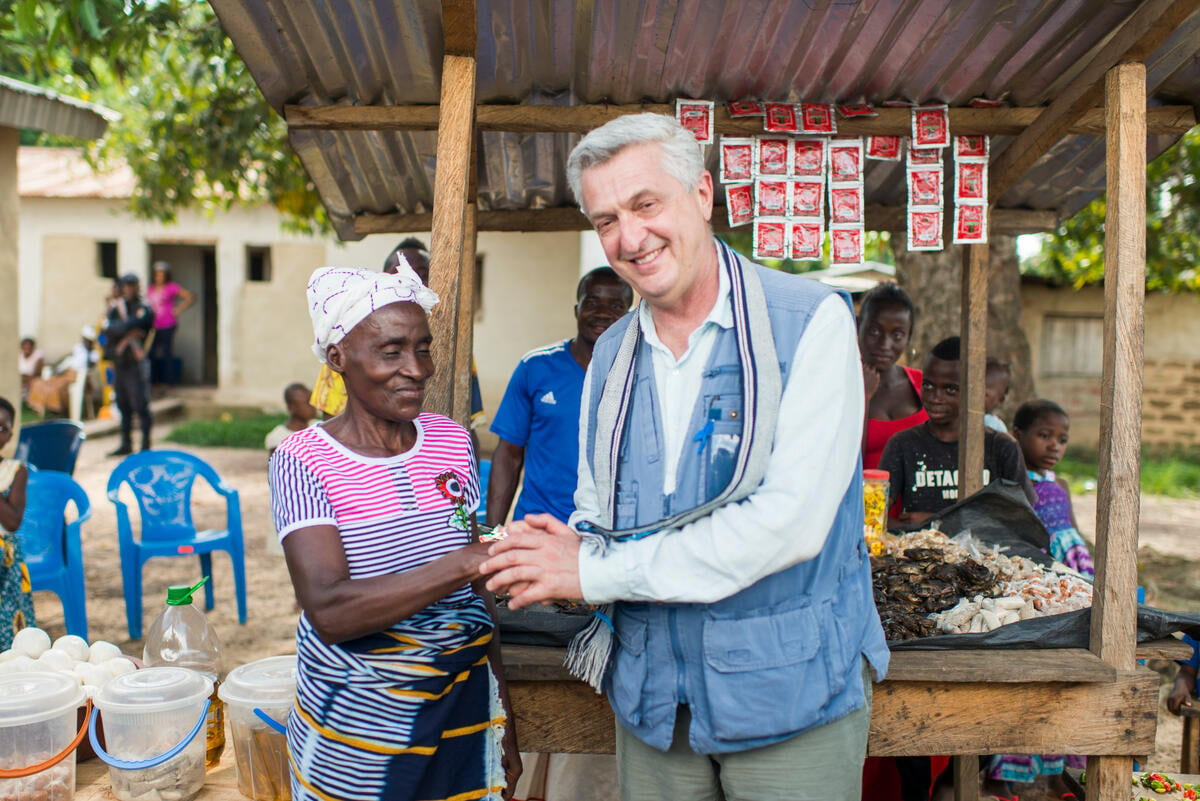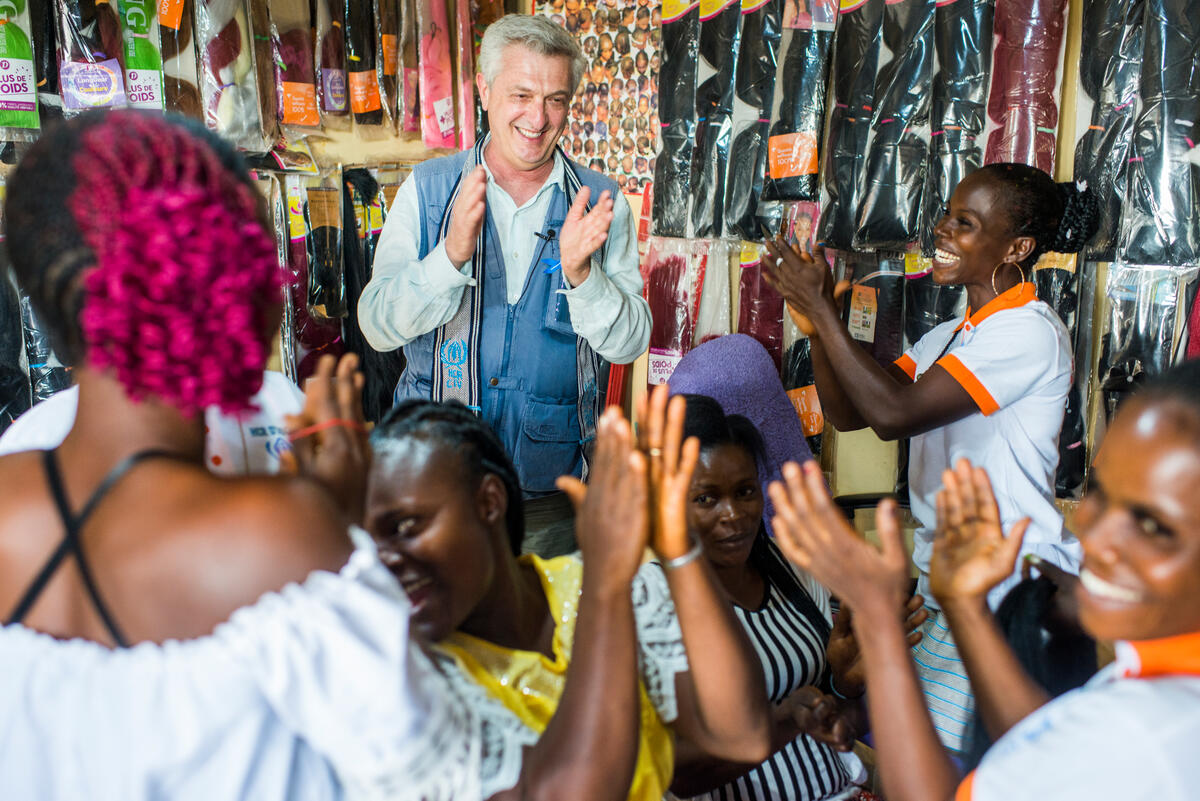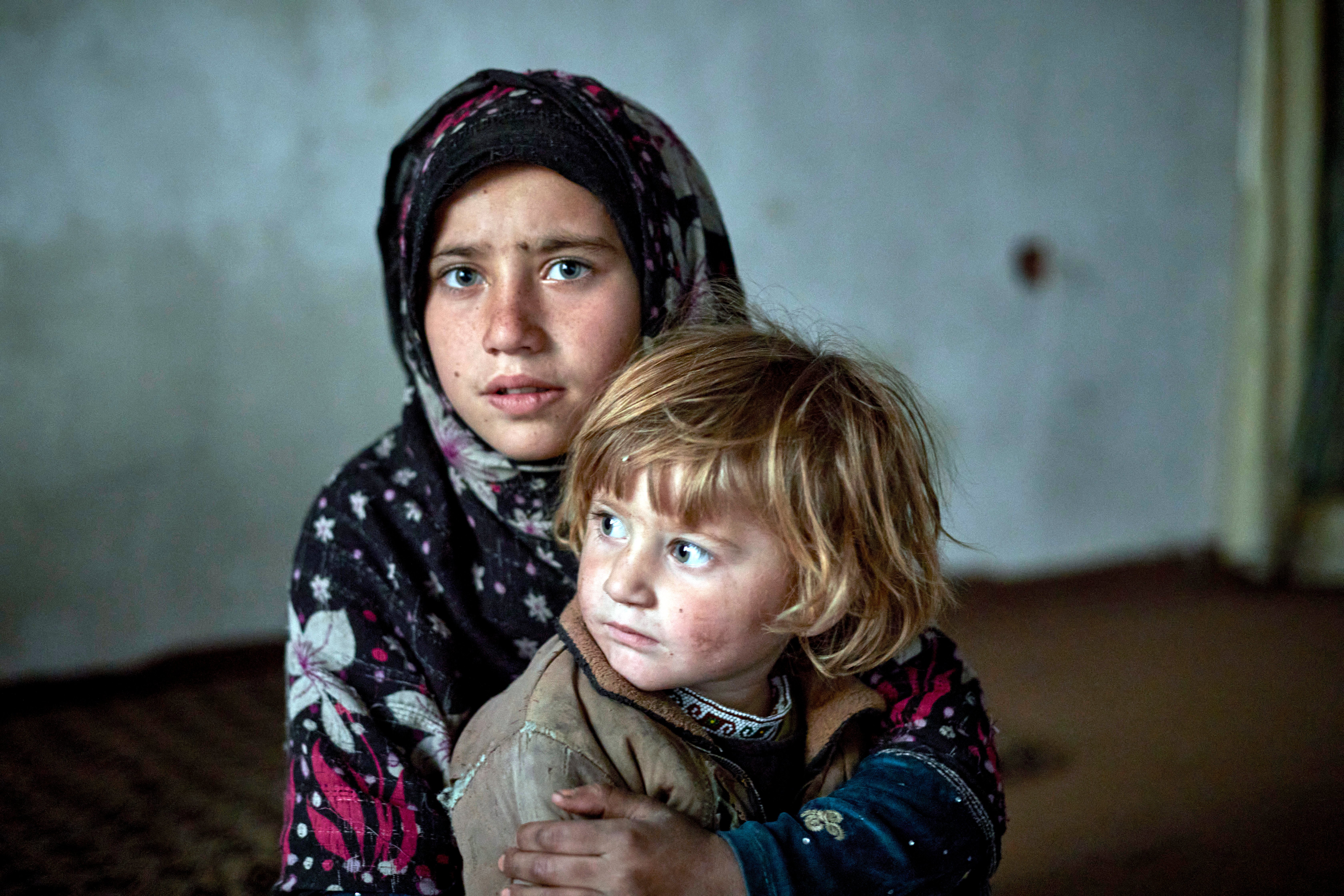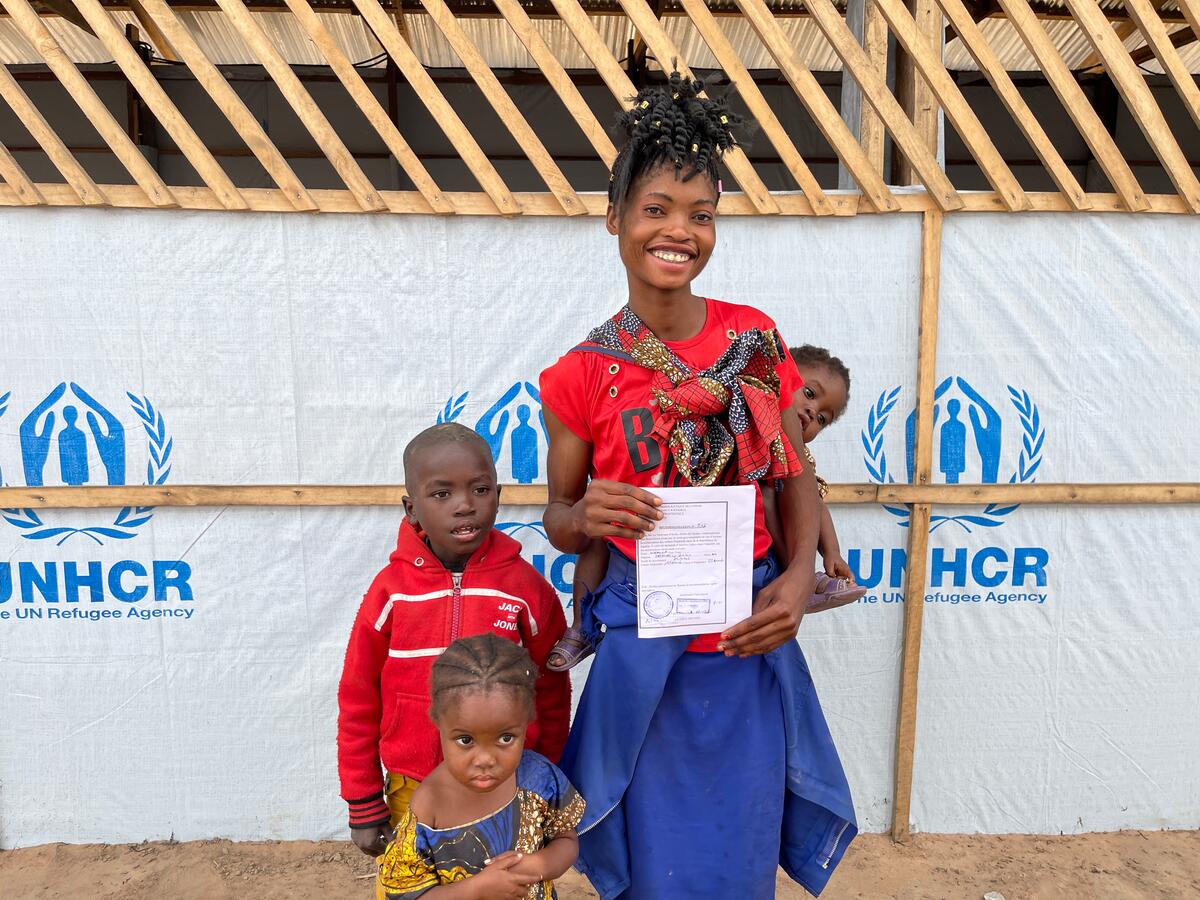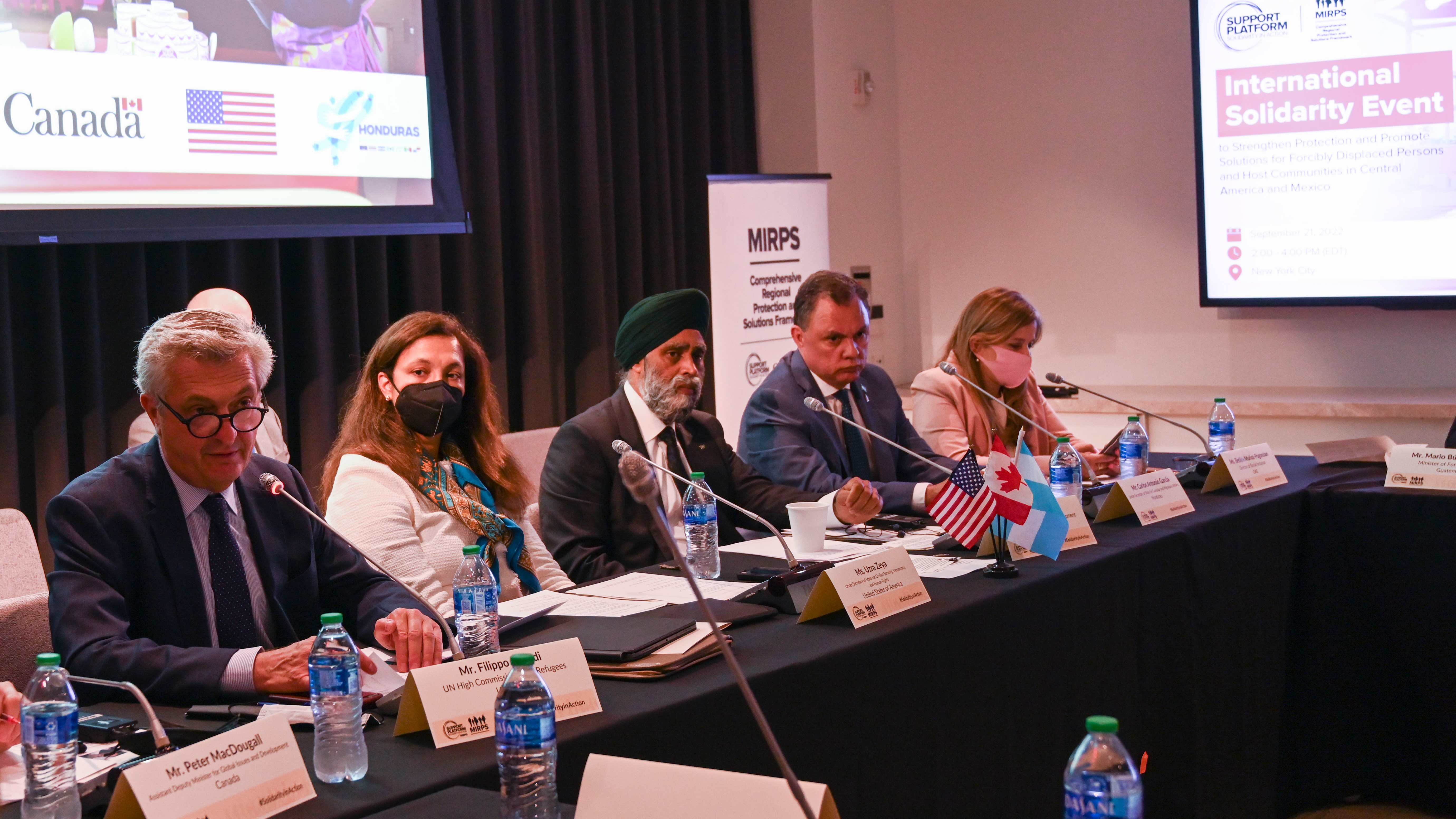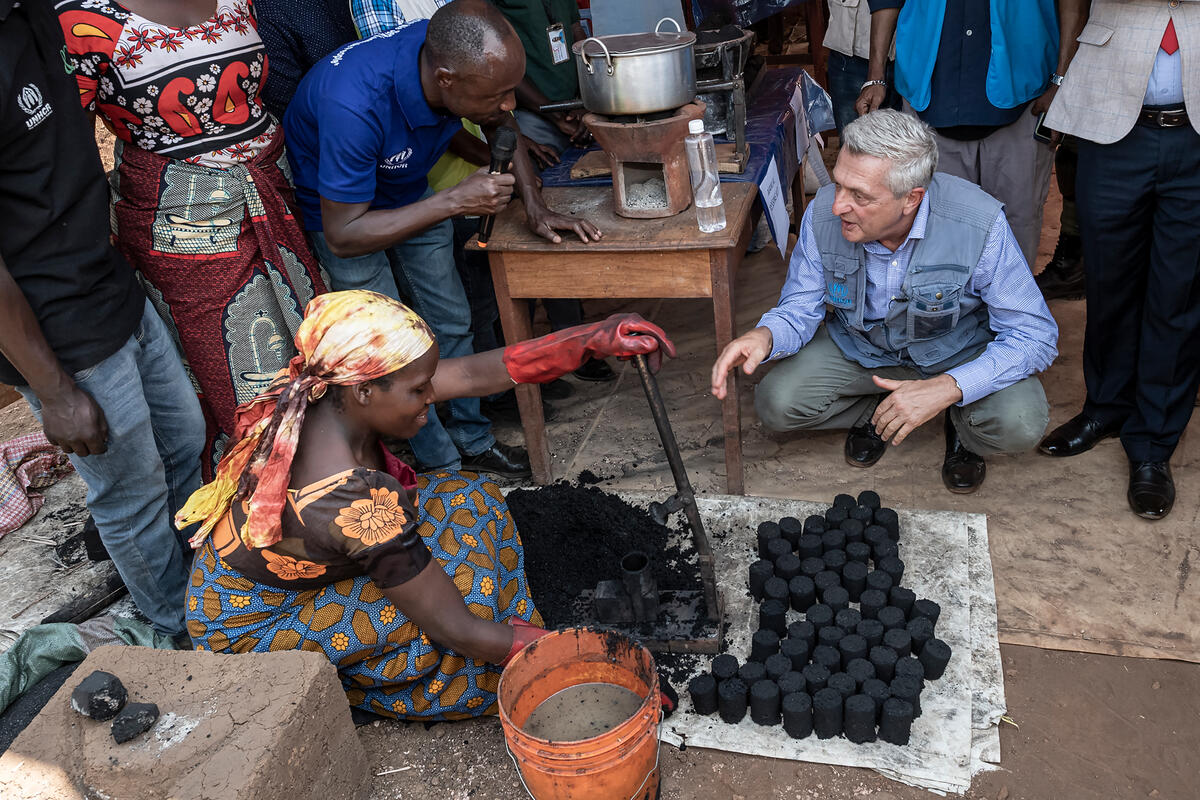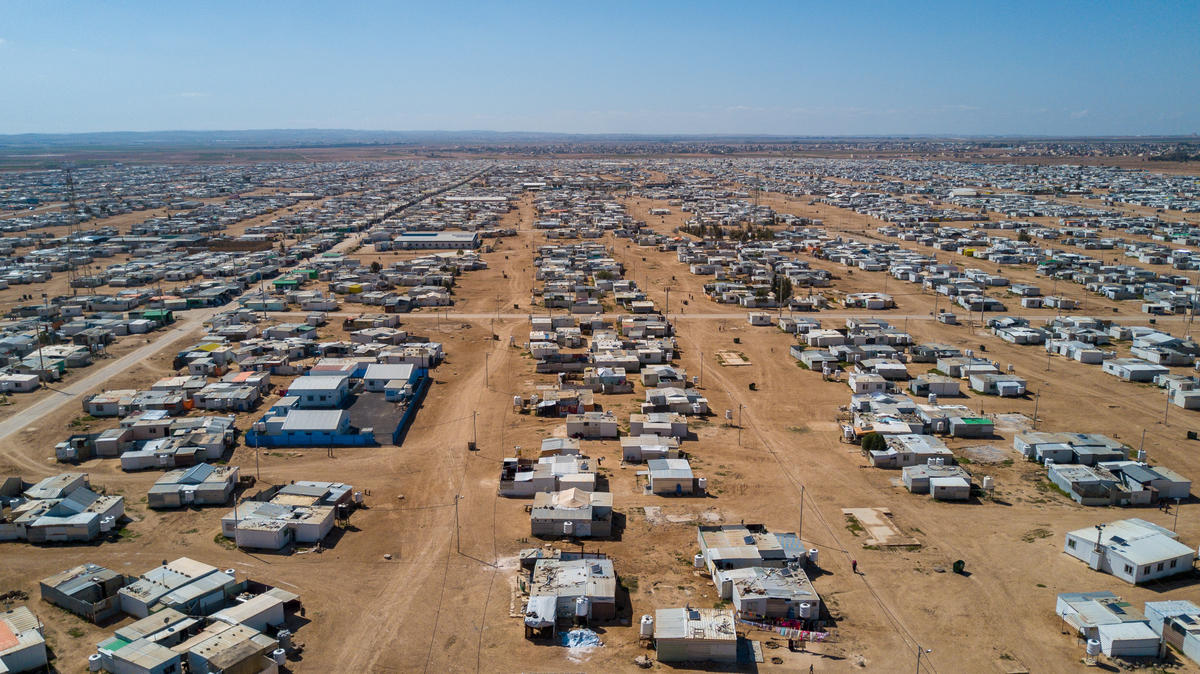First UNHCR repatriation convoy since 2020 leaves Angola for DR Congo
First UNHCR repatriation convoy since 2020 leaves Angola for DR Congo

UNHCR, the UN Refugee Agency, today restarted the voluntary repatriation of Congolese refugees from Angola after departures were halted in 2020 by the COVID-19 pandemic.
The first convoy of 88 Congolese refugees departed from the Lôvua settlement in northern Angola this morning towards the border with the Democratic Republic of the Congo (DRC). The convoy is expected to arrive in the DRC tomorrow.
The voluntary repatriation is organized by UNHCR, together with the Governments of Angola and the DRC, in collaboration with the International Organization for Migration (IOM) and various partners.
Refugees traveled in IOM trucks towards the border of Chicolondo, where they will stay in a transit centre for the night before crossing the border. Other convoys are scheduled to travel through the Chissanda border in the coming weeks. The refugees will head to various destinations in western DRC including Kasai, Kasai Central, Kwilu, Sankuru, Lomami, Lualaba and Kinshasa, the capital.
Although conflict continues in eastern DRC, improvements in security in the West have re-opened the possibility for Congolese to return to their country in dignity and safety. Upon arrival in the DRC, repatriated Congolese will receive cash assistance to help cover basic needs such as personal hygiene, household items, and initial assistance for rent. Additional support will also be provided for integration, for example helping children enroll in school. UNHCR will keep advocating for and supporting essential aspects of reintegration into Congolese life like continued security, livelihood support, and assistance with crucial civil documentation.
Returning refugees told UNHCR they were excited to restart their lives in their country after years in exile. Many have not seen family since fleeing political and ethnic violence in the DRC’s Kasai region in 2017. Over 35,000 people crossed the border to find safety in Angola at that time. Most of them were hosted in the Lôvua settlement in Lunda Norte region. In recent years, many refugees have spontaneously returned to the DRC. Today, Lôvua hosts some 7,000 refugees.
Already, over 600 Congolese refugees have expressed willingness to be repatriated. More are likely to show interest with the resumption of the operation.
The voluntary repatriation programme from Angola started in 2019 but was interrupted in 2020 because of the condition of the roads and the bridge over the Kasai River, as well as the COVID-19 pandemic, which led to border closures. Almost 3,000 refugees returned to the DRC in the first phase of the programme.
UNHCR assists some 57,000 refugees and asylum seekers in Angola, mostly in urban areas. This year, the operation has received US$10.3 million of the US$29.8 million needed, leaving a significant gap in addressing the basic needs of the refugees and asylum seekers. Meanwhile, UNHCR has received just 19 per cent of the US$225 million required to respond to the growing needs of displaced people in the DRC.
Globally, last year, nearly 430,000 people were able to return home in safety and dignity, a 71 per cent increase on the previous year. Nearly two-thirds of refugee returns were to South Sudan. That number represents just 2 per cent of the world’s refugees.
Most refugees want nothing more than to go home.
The international community has the power to reduce the number of years refugees spend in exile. We must address the causes of conflict and help make it safer and easier for people to return.
For more information on this topic, please contact:
- In Luanda, Flavia Faria, faria@unhcr.org,+244 927 668 977
- In Kinshasa, Joel Smith, smithj@unhcr.org, +243825257774
- In Pretoria (regional), Hélène Caux, caux@unhcr.org, +27 82 376 5190
- In Geneva, Boris Cheshirkov, cheshirk@unhcr.org, +41 79 433 7682
- In New York, Kathryn Mahoney, mahoney@unhcr.org, +1 347 443 7646


